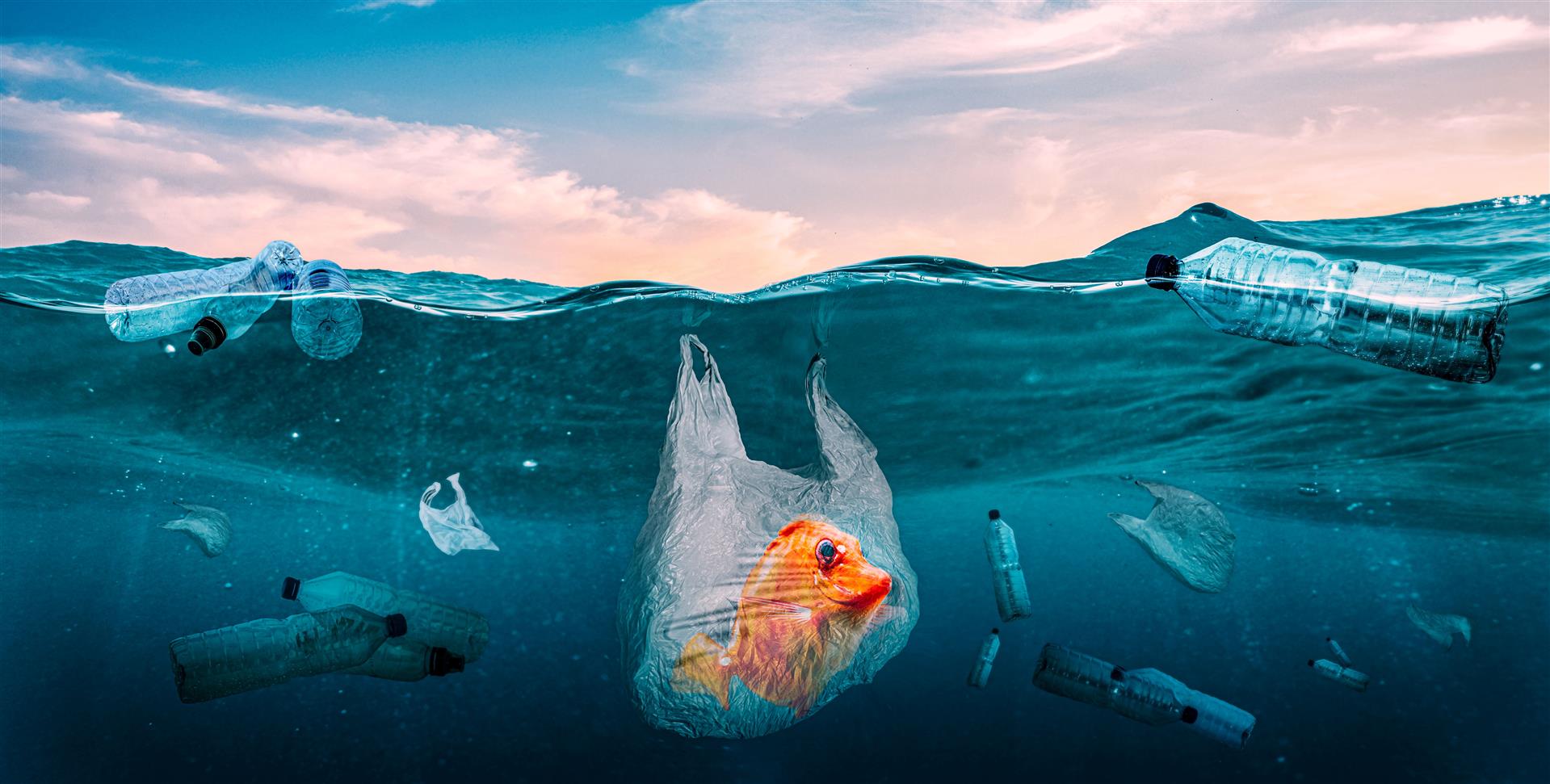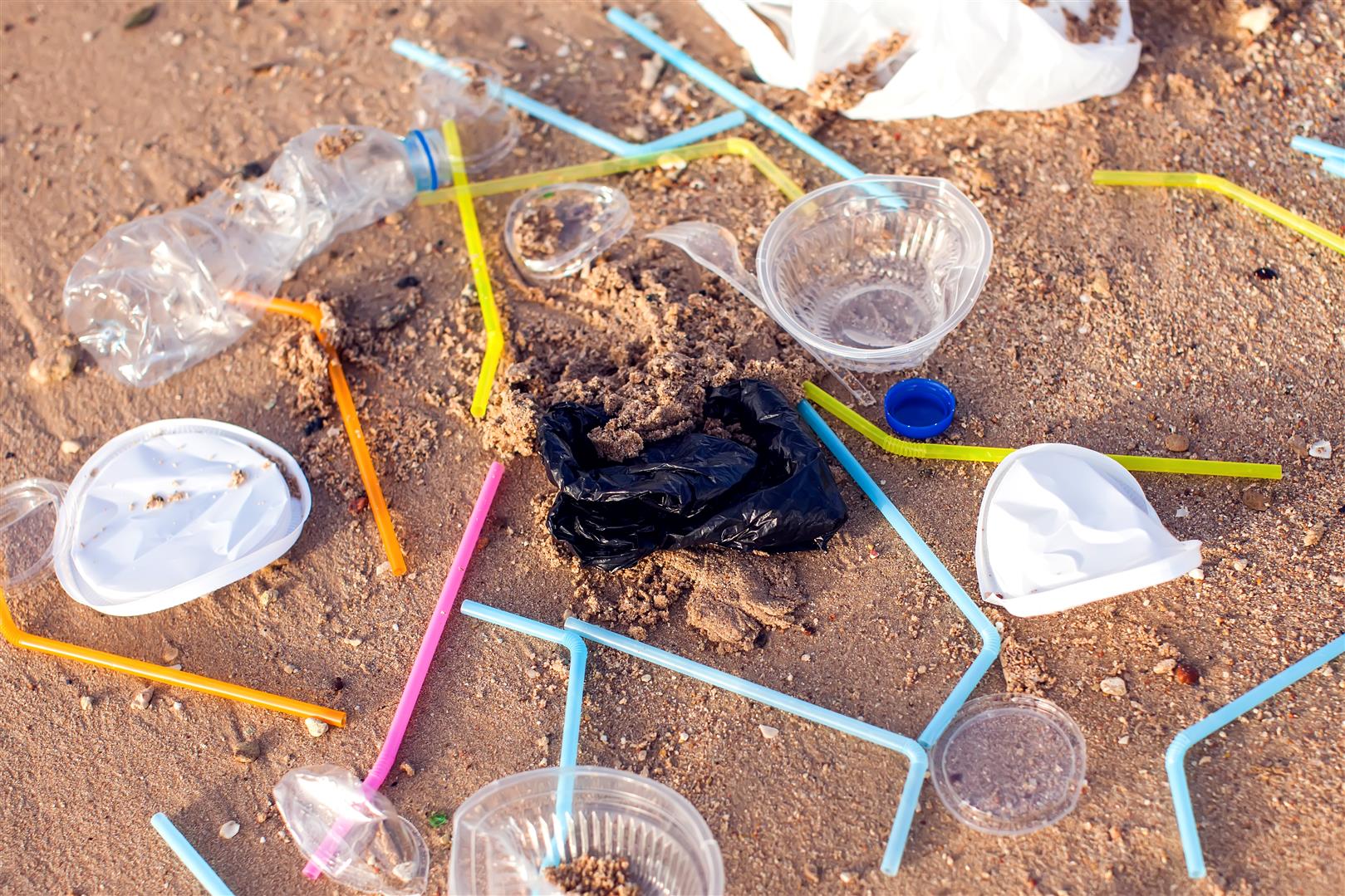
Office of Natural Resources and Environmental Policy and Planning Ministry of Natural Resources and Environment revealed that Thailand is in the top 10 countries that dump the most plastic into the ocean, with a volume of up to 22.8 million kilograms (data as of 2021), with 80% of marine debris originating from land, 20% from the ocean, such as boat and coastal tourism, landfills caused by overflowing during heavy rains carry waste into the sea, improper waste management by industry and manufacturing, shipping, fishing, and aquaculture, oil and gas rigs, natural phenomena and disasters.
According to the data from the Department of Marine and Coastal Resources, it was found that there are two main sources of marine debris as follows: 1. Garbage in coastal areas and islands is often leftovers from coastal communities, industrial estates, recreational tourism and fishing, and 2. Improper or incomplete management of waste on land causes the remaining debris to flow into the sea and eventually become marine debris.
The Thai government has established a solution to the problem of solid waste and marine debris as a national agenda through the “Net-Free Sea” project and the “Garbage Return to Shore, Keep the Sea Clean By Our Hands” project that the Department of Fisheries integrated cooperation with entrepreneurs and fishermen to eliminate marine debris under the concept of not creating marine debris and collecting marine debris to convert into capital, generate income for the community leading to community development through the management of the fishing community itself.
There are pilot areas in coastal communities in 5 provinces, namely Rayong, Chanthaburi, Nakhon Si Thammarat, Songkhla and Phang Nga, with more than 700 fishermen from 47 local fishing communities participating, which has been in operation since 2019 to the present in order to clean net scraps from local fishing boats and floating in the sea before being sent for sale at a price of 10 baht per kilogram to the recycling plants participating in the project to be processed into plastic pellets.

Also, they can also be transformed into more than 12 different items such as bottle openers, coasters, lift buttons, surfboards and floor mats. More than 100,000 pieces of these products are sold both domestically and internationally, creating additional income for Thai fishermen, and in the past 3 years (2019-2022) it was found that net waste can be greatly reduced up to 14,000 kilograms and this also reduces the danger that may occur to marine animals.
However, from the situation of marine debris and solutions to this group of waste problems, both Thai and foreign tourists, if having the opportunity to visit every beach area in Thailand, you can join to reduce waste by our hands by focusing on using recyclable materials, not throwing waste into the sea and If garbage is found, you can help collect it back to the shore to jointly preserve the Thai seas to be free of all kinds of garbage and to remain beautiful.
Source:Ministry of Natural Resources and Environment
Tel: +66 2 278 8500